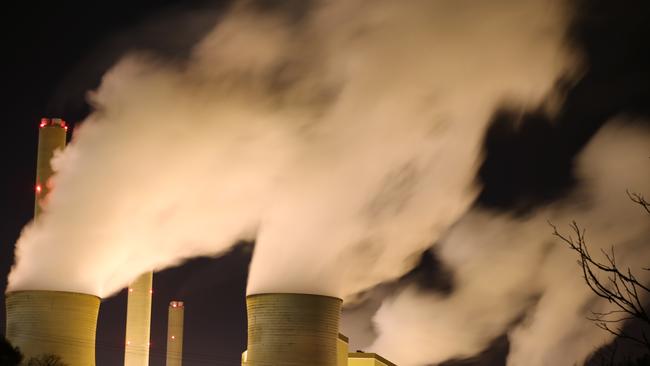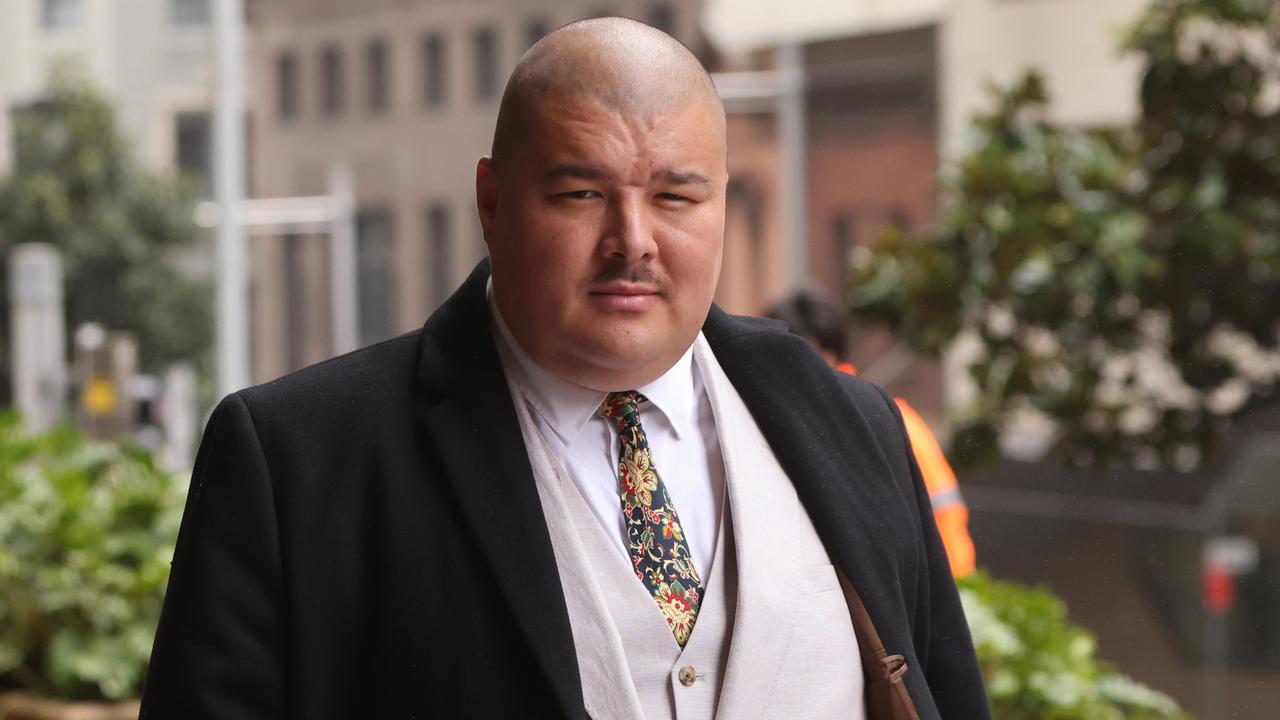Scott Morrison faces calls to boost 2030 emissions reduction target as IPCC makes climate predictions
Scott Morrison is facing renewed calls from business and energy analysts to significantly boost targets, as the UN’s climate change authority issues a new warning.

Scott Morrison is facing calls from business and energy analysts to significantly boost his 2030 emissions-reduction targets, as the UN’s climate change authority warns the globe is warming faster than anticipated.
Leaks from the Intergovernmental Panel on Climate Change’s Sixth Assessment Report – to be unveiled on Monday night – say the Earth’s temperature will rise by 1.5C as soon as the mid-2030s, a decade earlier than forecast.
The IPCC report is likely to put the Prime Minister under more pressure from world leaders to commit to net-zero emissions by 2050, and leading climate analysts say the nation must reduce emissions faster than the 26-28 per cent reduction on 2005 levels by 2030 committed to by Mr Morrison under the Paris Agreement.
Australian Industry Group climate and environment analyst Tennant Reed said on Sunday that Australia would face pressure to follow other Western nations and unveil bigger 2030 commitments in time for the climate change conference in Glasgow in November.
“The 2030 targets made by Australia and a vast bulk of other nations at Paris were never sufficient to meet the overarching goal. Those targets have to be strengthened,” he said.
“Australia has not done that yet and I wouldn’t be surprised if we saw movement on that before or after Glasgow, given many of our allies have. The US, the EU, Japan, Korea – they have all made bigger 2030 commitments.”
The IPCC – which comprises 195 governments – has said if the Earth’s temperature rises by 1.5C, it will be a “tipping point” that could lead to permanent changes to the world’s ecosystem, such as the loss of forests and the melting of Arctic ice.
The world’s leaders committed under the Paris Agreement in 2015 to hold global warming to less than 2C and no more than 1.5C. Investor Group on Climate Change policy director Erwin Jackson said on Sunday international markets were already preparing for bigger 2030 emission-reduction goals, and Australia needed to strengthen its targets now, rather than delaying emission cuts to 2035.
“The impetus to strengthen the 2030 target came long before the IPCC report,” Mr Jackson said. “The sooner we have a stable, stronger 2030 target then the sooner we will attract global capital.
“We can’t delay till 2035. We can’t have a weak target in 2030 and then just try to play catch-up all the way to 2050. Investors are looking for ambitious climate policies to invest in.”
Grattan Institute energy director Tony Wood also said there would be greater international pressure to strengthen the 2030 target and the government needed to do more to cut emissions outside the electricity grid.
“The IPCC is going to put on pressure for a stronger target … you may even see the Australian government unveil a 2035 target this year,” he said.
“The PM and the government have come a long way on climate since the last election, but there’s not enough action on cutting emissions outside of electricity.
“There’s a need for long-term reduction strategies for gas, manufacturing of steel and cement, and agriculture.”
Energy Minister Angus Taylor on Sunday said the government was on track to beat its 2030 target.
“While ambition is important, it is going to be achievement and outcomes as we get closer to 2030 that is what really matters. That is why we have a strong 2030 target and that is why we are taking action now to get the technologies right that will enable us to get there,” he said.
Labor is yet to settle on a new 2030 and 2035 emissions target to take to the next election, but opposition climate change spokesman Chris Bowen said the government was not taking the initiative to back renewable energy.
“Their approach to transport emissions has been to scaremonger that electric vehicles will end your weekend,” he said.
“We have some of the best renewables resources in the world, and a government that is squandering the jobs opportunities of the changing global economy.”



